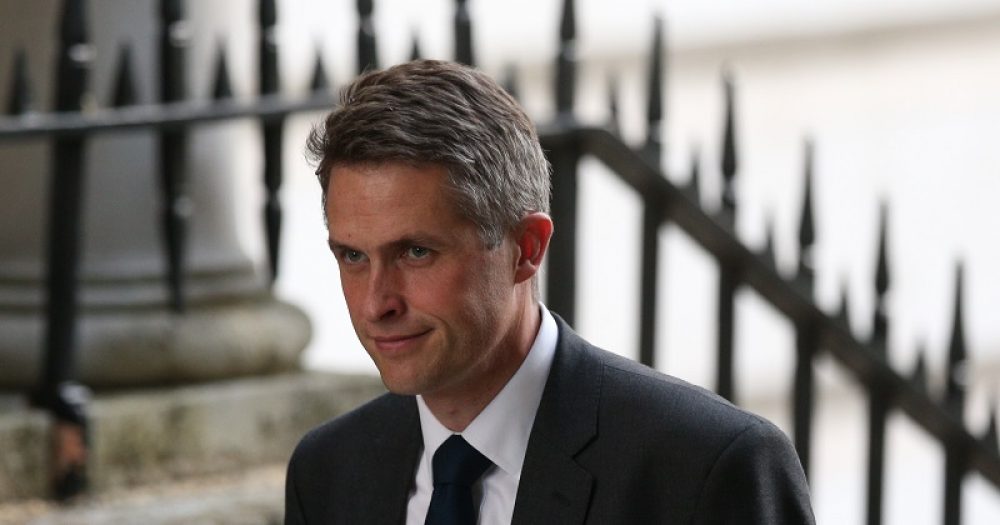The government will cover fees for failed appeals against exam grades following a huge backlash over A-level results.
The Department for Education, in a press release published today, said that state-funded schools and colleges will be able to claim back unsuccessful appeals at the same time as claiming back fees for autumn exams.
Successful appeals claims will remain free.
The Times reported yesterday that the government expects the cost of appeal fees for both GCSEs and A-levels to be between £8 million and £15 million.
Ministers had been warned that the threat of appeal fees, which are charged if appeals are unsuccessful or if they are made because of a school’s error, could put some cash-strapped schools off appealing, even if they had genuine grounds.
It also comes after sister title FE Week revealed earlier this week that all four exam boards had decided to continue to charge fees for unsuccessful appeals this year, despite calls for them to be waived.
The government is bracing for a second major upset over GCSE results, due out next Thursday. According to the Guardian, between 35 and 40 per cent of GCSE grades are expected to be downgraded, a similar figure to the proportion of A-level grades lowered during standardisation.
Education secretary Gavin Williamson, who has faced calls to resign over the A-levels fiasco, told the Times he expected the number of appeals this year to be much higher, and said it was “vital” that schools act if concerned about results.
“I do not want a youngster to feel they are in a situation where there is a strong and legitimate case for grounds for appeal, but an appeal is not made on grounds of cost. That would be a real, shocking injustice.”
Last year, there were 1,254 appeals against GCSE and A-level grades, of which 683 were upheld.
FE Week revealed earlier this week that initial appeals would range in cost from £8.47 to £25, with some exam boards capping charges for groups of pupils. Appeals under “exceptional circumstances” would cost up to £120, and the second stage, an independent review, would cost between £111.75 and £150.
Ofqual confirmed last week that as well as appealing on the grounds of errors made by themselves or by exam boards, schools will be able to appeal if they feel data used to standardise grades was not a “reliable basis”, and if they were expecting results this year to “show a very different pattern of grades to results in previous years”.
And in a last-ditch attempt to placate students ahead of A-level results day, the government announced on Tuesday night that it would it would allow appeals on the basis of higher “valid mock grades”.
But Ofqual is yet to provide full guidance on the new grounds for appeal, and is not expected to do so until the beginning of next week.
Schools minister Nick Gibb will also oversee ‘gold command’ taskforce to oversee the A-level exams appeals process. It will include representatives from Ofqual and exam boards and “meet daily between now and September 7 to ensure appeals are processed quickly and young people can move on to university, college or the world of work”.
In a press released issued today by the DfE, Williamson added: “I know that alongside the success of so many young people, there have been some difficult cases. I have said repeatedly that my absolute priority is fairness for students, and I do not want anything holding them back from achieving the grades they deserve.
“So all result appeals for state funded schools and colleges will be free, helping to make sure every single student has the best possible chance of securing the grades they need in order to take their next step.”








Your thoughts